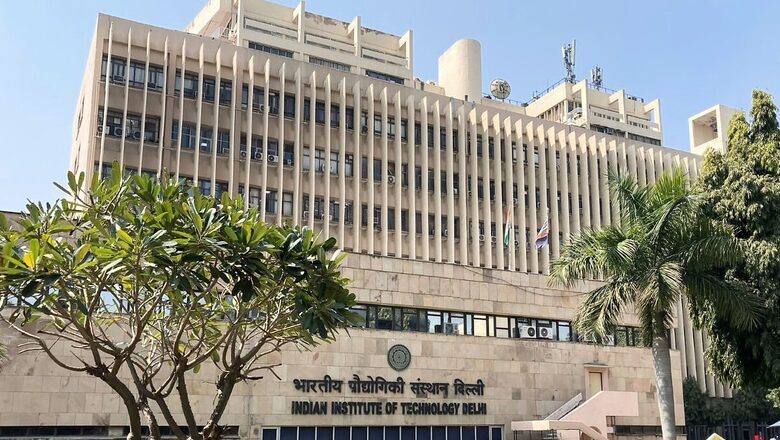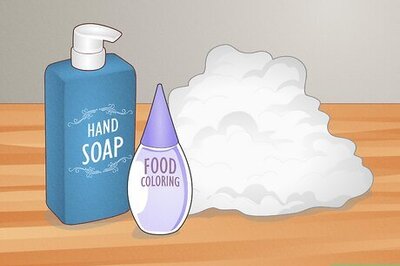
views
Researchers at the Indian Institute of Technology (IIT-Delhi) have demonstrated a simple approach to developing ultra-scratch-resistant glass surfaces with the help of graphene nanocoatings for multi-functional “new-gen” devices and applications. It can be adopted for commercial applications in next-generation touch-screen displays in smartphones and tablets for longer service life and durability.
Sourav Sahoo (Prime Minister’s Research Fellow) demonstrated that the deposition of atomically thin two-dimensional material like graphene can make glasses scratch-resistant by leveraging its two fundamental characteristics – slipperiness and rigidity, the institute said. He was working under the supervision of Prof Nitya Nand Gosvami from the Materials Science and Engineering Department, and Prof NM Anoop Krishnan from the Civil Engineering Department at IIT Delhi.
The research paper titled, “Superlubricity and Stress-Shielding of Graphene Enables Ultra Scratch-Resistant Glasses” was published in ACS Applied Materials & Interfaces.
“The scratches on glass surfaces, besides ruining the aesthetics, are also detrimental from a practical standpoint since they pave the way for easy cracking. Being not entirely “scratch-proof,” the only alternative, therefore, is to make the glasses more “scratch-resistant” by altering the surface properties, specifically the friction, which is known to dictate the extent of damage on glasses,” IIT Delhi said in an official press release.
“Nanoscale scratch experiments on silica glass surfaces against hard diamond probes reveal that the graphene coating effectively transforms the glass surface into a highly smooth, ultra-low friction surface—down to the regimes of “superlubricity.” Moreover, the load-bearing ability of graphene shields the underlying glass from the applied pressure, which further mildens the damage from aggressive abrasion to minuscule surface depression”, Prof Gosvami said.
“To put in perspective, graphene layers have one-millionth the thickness of human hair. Our computational model confirmed that such subnanometer-thin graphene layers act as a resilient shield for glasses, adept at safeguarding them from stresses during contacts”, added Prof Krishnan.



















Comments
0 comment